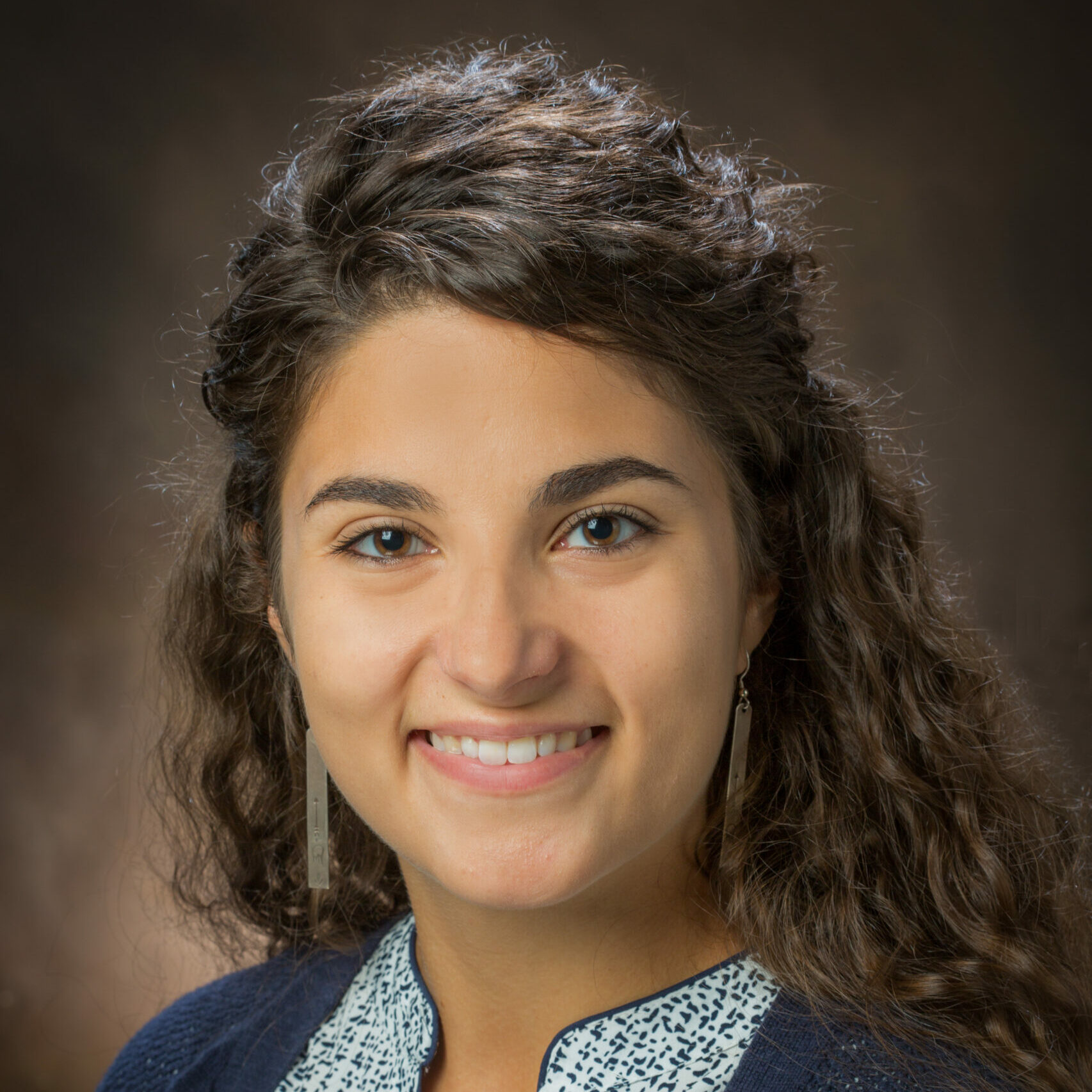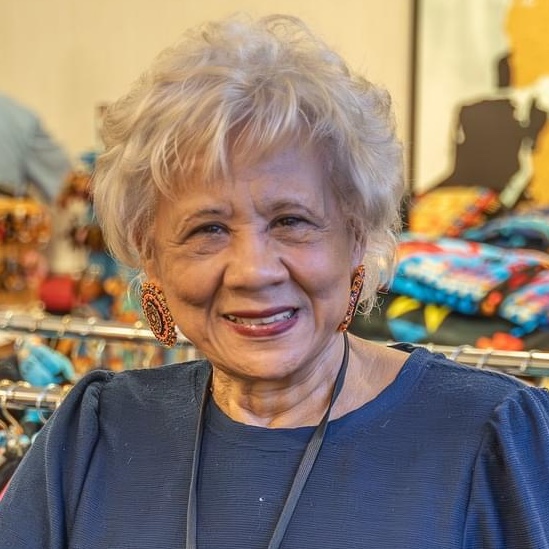Events

- This event has passed.
2024 NINLHE Summer Institute
July 23, 2024 @ 8:00 am - July 25, 2024 @ 5:00 pm EDT
NINLHE Summer Institute
Navigating New Landscapes for Indigenous Professionals & Students in Higher Education
in partnership with NAIC and ISAN
23-26 July 2024
University of North Carolina at Wilmington, Wilmington, NC
The National Institute for Native Leadership in Higher Education (NINLHE) Summer Institute, in partnership with ACPA’s Native, Aboriginal, and Indigenous Coalition (NAIC) and Indigenous Student Affairs Network (ISAN), is a time for professional development, networking with other educators, and personal renewal. Through this residential institute, educators with expertise in policies and practices vital to Native student success develop through our training sessions.
An Intensive Experience
Institute attendance is purposely limited to provide participants with an intensive experience that focuses equally on knowledge and skill building, information sharing, and the opportunity to draw upon the accumulated wisdom and experiences of the presenters as well as colleagues.
In an atmosphere of collaboration, friendship, and fun, the Institute offers opportunities for spiritual renewal and personal empowerment. The Elder-In-Residence fulfills an important role within the Institute. The Elder will begin and end each day with a prayer and reflection. With his extensive background in higher education, the Elder-In-Residence will offer valuable context in which to consider our shared experiences throughout the Institute.
Who Should Attend?
Native and non-Native administrators, professional staff, and faculty committed to supporting and increasing recruitment, retention and graduation of American Indian, Alaska Native, Native Hawaiian and Aboriginal students at public, private, and tribal colleges and universities in the U.S. and Canada.
Speakers

Featured Speaker
Dr. Amanda R. Tachine
Dr. Amanda R. Tachine is Diné (Navajo) from Ganado, Arizona. She is Náneesht’ézhí Táchii’nii (Zuni Red Running into Water) born for Tł’ízí łání (Many Goats). She is an Assistant Professor in Educational Leadership & Innovation at Arizona State University which resides on the home(land)s of the Akimel O’otham/Onk Akimel O’odham and Pee Posh/Piipaash peoples.
She is the author of the award-winning book Native Presence and Sovereignty in College and co-editor of Weaving an Otherwise: In-relations Methodological Practice. Her dissertation titled, Monsters and Weapons: Navajo students’ stories on their journeys to college was awarded the 2016 American Educational Research Association Division J Dissertation of the Year. She has published in the Journal of Higher Education, Qualitative Inquiry, International Review of Qualitative Research, International Journal of Qualitative Studies in Education, and other scholarly outlets. She also has published thought pieces in the Huffington Post, Al Jazeera, The Hill, Teen Vogue, Indian Country Today, Inside Higher Ed, and Navajo Times where she advances ideas regarding discriminatory actions, educational policies, and inspirational movements.

Featured Speaker
Kara Strass
Kara Strass (mahkoonsihkwa), a citizen of the Miami Tribe of Oklahoma, is originally from Huntington, Indiana. It was there, within the traditional homelands of the Myaamia people, that her Myaamia identity was fostered by her family, especially her grandmother. Kara received an M.S. in Student Affairs in Higher Education from Miami University in 2016. Kara’s graduate studies focused on Student Development Theory, and specifically how these theories can be applied to make Myaamia students successful in their college endeavors.
Kara joined the Myaamia Center in 2016 and became the Director of Miami Tribe Relations in 2020. As the liaison between the Miami Tribe of Oklahoma and Miami University, Kara strives to strengthen this relationship, which is now 50-years old. Additionally, Kara serves as an advisor and mentor to the Myaamia students who attend Miami University as part of the Myaamia Heritage Program.

ELder-in-residence
Hattie Campbell
Hattie Campbell, Waccamaw Siouan, lives in the St. James community in Lake Waccamaw, NC. She has been an active member of the United Tribes of NC for over two decades serving as secretary of the executive committee for 15 years and currently is coordinator of the United Tribes scholarship. She was a Waccamaw Siouan tribal board member for two terms and as member of the NC State Advisory Council of Indian Education. Mrs. Hattie Campbell graduated from Waccamaw Indian High School in 1966. She received her B.S. from The University of North Carolina at Pembroke in 1987, her National Board Certification in 2003, and her Masters in 1997 from Fayetteville State University. She was an elementary school teacher for 25 years. She is married to her Husband Henry of 55 years and has two sons Henry E. Campbell and Glenn E Campbell and seven beautiful grandchildren.
Registration packages
Registration information and rates will be available in early 2024!
Residential Registration Rates
Residential Institute participants are expected to arrive on 22 July 2024
- Before 10 June 2024 – $550
- After 10 June 2024 – $650
Costs Includes
- 4 nights of housing (Monday-Thursday)
- All meals (Tuesday breakfast through Thursday dinner)
- Summer Institute registration fee
Additional housing nights ($40 per night), meals (various), and parking passes ($15) are available in registration if needed.
Lodging for on-site participants will be at Seahawk Village on campus at UNCW. Linens and towels will be provided for all on-site participants. Seahawk Village is an apartment style residence halls with a clubhouse and a gated pool. The physical address of Seahawk Village is 1015 Community Dr, Wilmington, NC 28407.
Parking: If you plan to travel by car, you will need to purchase a parking permit during registration for the institute.
Commuter Registration Rates
- Before 10 June 2024 – $450
- After 10 June 2024 – $550
Costs Includes
- All meals (Tuesday breakfast through Thursday dinner)
- Summer Institute registration fee
Parking: If you plan to travel by car, you will need to purchase a parking permit during registration for the institute.
Registrations can be paid by check, VISA, MasterCard, Discover, or American Express. All fees must be prepaid. Purchase orders are not accepted. Refunds will be given for cancellations, received in writing at ACPA by 21 June 2024. After 21 June 2024, there are no refunds. ACPA reserves the right to charge a service fee of US$50 for returned checks. Registrations are non-transferable. The conference may be cancelled or postponed due to insufficient enrollment or other unforeseen circumstances. In this case, the fees will be fully refunded; however, ACPA will not be responsible for other additional costs, charges or expenses, including cancellation/change charges assessed by airlines and/or travel agencies.
schedule
*all times listed in Eastern Time
Day 1
Tuesday, July 23
8:30 – 10:00 am Check-In and Breakfast (provided)
10:00 – 10:30 am Welcome
10:30 – 10:45 am Opening Blessing – Elder-in-Residence
10:45 – 11:30 am Institute Participant Introductions
11:30 – 12 noon NINLHE Overview and What to Expect for the Institute
12:00 – 12:15 pm Ice-breaker
12:15 – 1:30 pm Networking Lunch (provided)
1:45 – 2:45 pm Community Building – Sharing Our Stories
2:45 – 3:00pm Break
3:00 – 3:45pm Community Building – Sharing Our Stories
4:00 – 4:15 pm Reflection on the Day – Elder-in-Residence
4:30 – 5:00 pm Break
5:00 – 7:00 pm Networking Dinner (provided)
7:30 pm NINLHE Pool Party & Game Night
Day 2
Wednesday, July 24
7:30 – 8:30 am Breakfast (provided)
8:45 – 9:00 am Blessing – Elder-in-Residence
9:15 – 10:00 am Keynote Speaker – Amanda Tachine
10:15 – 10:30am Break
10:30 – 11:30am Panel Discussion: Advancing Tribal Relations between HWIs and Communities
11:30am – 12:15pm Conversation with Lori Quigley, NIEA Board
12:15 – 1:30 pm Lunch (provided)
1:45 – 4:00 pm Training workshops, facilitated by Dr. Amanda Tachine & Kara Strass
4:00 – 4:15 pm Community Building
4:15 – 4:30 pm Reflection on the Day – Elder-in-Residence
4:30 – 5 pm Break
5 – 6:30 pm Dinner (provided)
7:00 pm NDNs in Jeopardy
Day 3
Thursday, July 25
5:45 – 7:30 am Sunrise Ceremony – Elder-in-Residence
7:00 – 8:30 am Breakfast (provided)
8:45 – 11:00 am Training Workshops, facilitated by Dr. Amanda Tachine & Kara Strass
11:00 – 11:15 am Break
11:15 – 11:45 am Conversation with Sedelta Oosawhe
11:45 am – 1:00 pm Lunch (provided)
1:00 – 2:15 pm Panel Discussion
2:30 – 4:00 pm Community Building
4:15 – 4:30 pm Closing Reflections – Elder-in-Residence
4:30 – 5:15 pm Summer Institute Evaluations
5:15 – 7:00 pm Dinner (provided)
